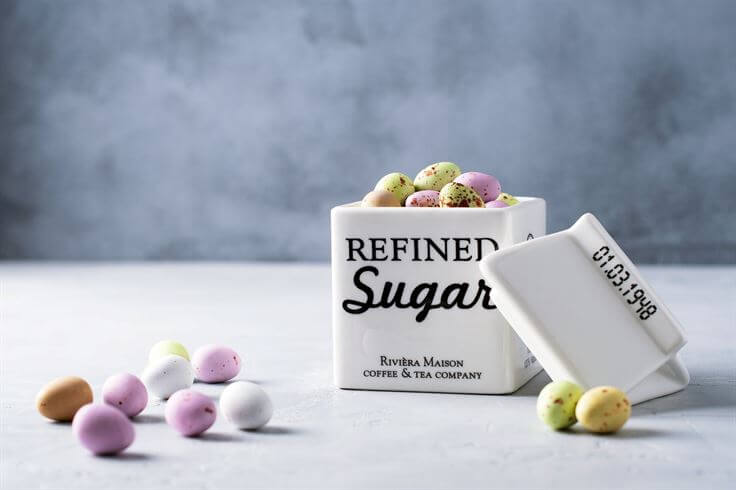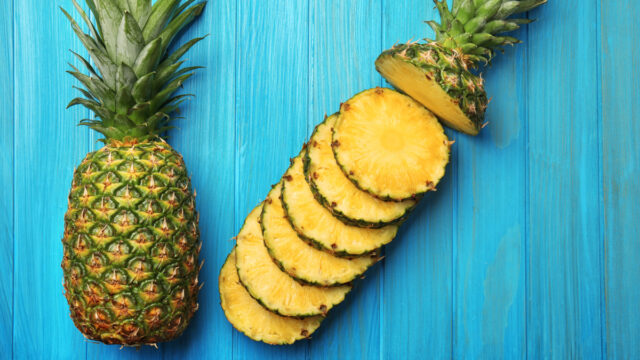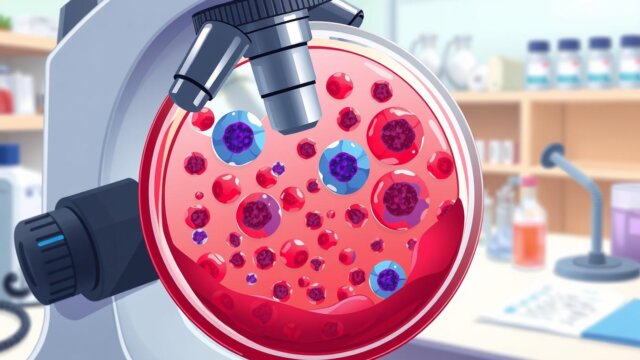FTC disclaimer: This post may contains affiliate links and we will be compensated if you click on a link and make a purchase.
We all know that excessive sugar intake can lead to many diseases such as obesity, type 2 diabetics, heart issues, colon cancer, and many more.
It is no surprise that we try to avoid foods loaded with sugar, such as ice cream, cookies, jellies, and cakes.
Some foods labeled as nutritious, sugar-free, fat-free, and a healthy option actually contain a shocking amount of sugar.
Moreover, these foods also contain sugar in the form of dextrose, high-fructose corn syrup, honey, fructose, glucose, maltose, sucrose, powdered sugar, brown sugar, and lactose.
Although, the U.S. Department of Agriculture, through its dietary guidelines, has recommended preparing foods with less added sugar and sweeteners. The reality is somewhat different; most Americans consume more than 22 tablespoons of sugar in a day.
The more processed foods, fat-free foods, sugar-free foods, and fewer sugar product has entered the supermarket; the hidden sugar becomes unrecognizable.
It is always a smart idea to look for food labels wherever necessary. In this way, we may avoid unnecessary sugar getting added to our diet.
And, always be wary of products consumed unknowingly but are the most significant sugar contributor in your daily diet.
Sugar Containing Foods
Here are a few sugar-containing foods that believe to be sugar-free or contain less sugar but has a surprisingly large amount of sugar.
Packed and canned fruits:
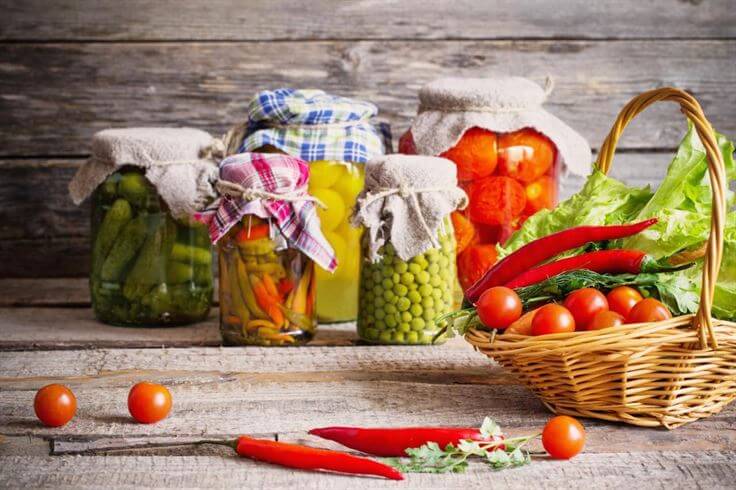
Packed fruits such as fruit chillers, apple sauce, and canned fruit are labeled as “in light syrup” or “made with real fruit” contain on an average of more than 20 grams of sugar.
For example, if you look for DelMonte Fruit Chillers Frozen Fruit Sorbet in a market, you will find 26 grams of sugar in one cup.
Bottled teas and juices:
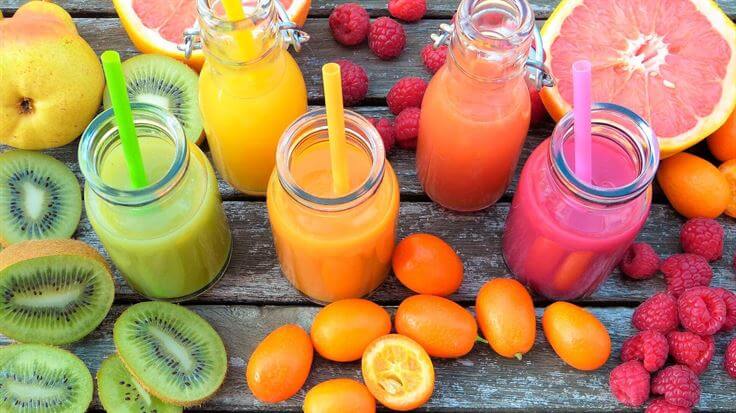
Juices are usually thought of as healthy, but packed juices and teas are not at all healthy. These juices and tea drinks are labeled “100% natural” or sometimes “contain natural sugar.”
But, in reality, 8 ounces ( 1 ounce = 28 grams) of grape juice contains 36 grams of sugar, and a 10-ounce of apple juice contains 32 grams of sugars.
If you look for a 20-ounce bottle of Arizona Iced Tea with lemon, then you will find it has a staggering 59 grams of sugar.
Snack bars:
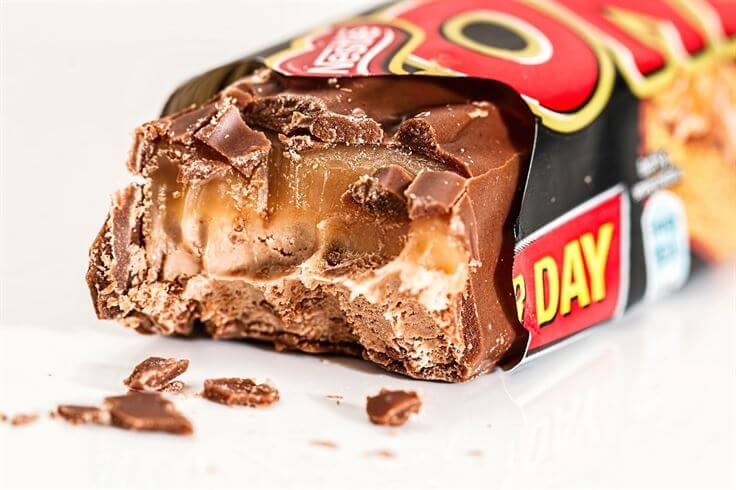
If you rely on protein bars or granola bars as a healthy protein source for quick energy, you may be disappointed with it.
These so-called healthy snakes are often loaded with added sugar. Most of these snacks contain brown sugar, honey, agave, and evaporated cane juice that adds extra sugar.
You will find Clif Builder’s Protein Bar, PowerBar Performance Energy Bar containing a staggering 20 grams and 29 grams of sugar in grocery markets.
These protein bars are sold as healthy options to diet-conscious consumers, but they are usually packed with unhealthy ingredients.
Alternatively, it would be best if you always looked for fresh fruits and a scoop of peanut butter as a snack.
Oatmeal and cold cereal:
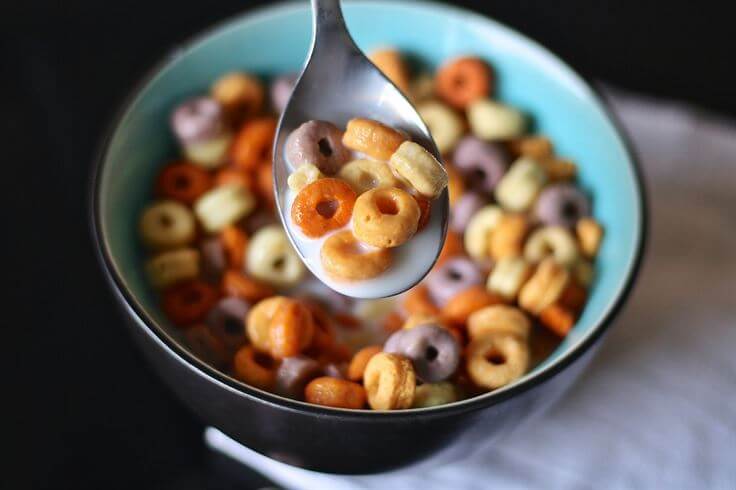
Everyone thought of starting their healthy breakfast with cold cereal or oatmeal. But, these American breakfasts are high in sugar, well processed, and decidedly less in fiber.
To follow American food standards, they fortified with vitamin B and D, iron, and folic acid.
For example, if you look for sugar content in “Jordans Crunchy Oat Granola – Fruit and Nut” and “Kellogg’s Fruit and Fibre,” you will find it has 28.5 g and 24 g of sugar per 100 g.
Instead, you can stick with plain oatmeal and add some fresh fruit for flavor.
Flavored Yogurt:
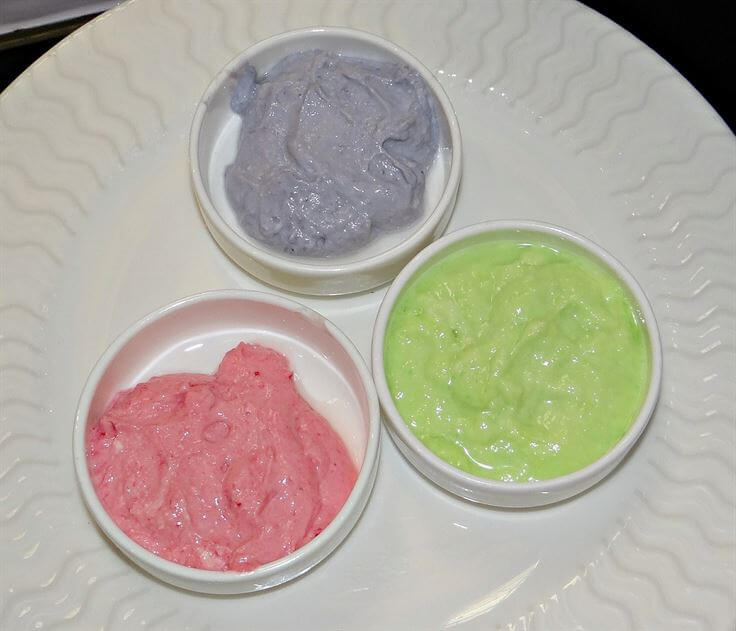
Yogurt is usually on the list of healthiest food because it provides probiotics, calcium, and protein. In the market, you will find varieties of yogurt such as flavored yogurt and fat-free yogurt.
Unfortunately, 6 ounces of fruit-flavored yogurt contains seven teaspoons of sugar. And flavored yogurt, in comparison to plain yogurt, contains three times more sugar.
It is always a good idea is to stick with homemade yogurt and add fresh fruits to give flavor to it, rather than consuming it from the packed one.
Salad Dressing
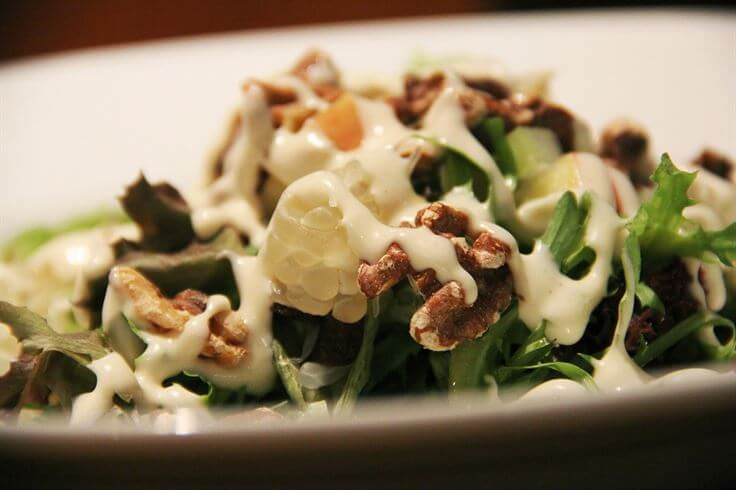
Salad dressing is notorious for its significant amount of added sugar. Famous store-bought salad dressing is mayonnaise, thousand islands, honey mustard, vinaigrette, ranch, and several other products.
These salad dressing contain an excessive amount of sugar in the form of high-fructose corn syrup. Sugar-free and fat-free salad dressing are the worst offenders in these categories.
The healthiest homemade salad dressing would be olive oil, vinegar, lemon juice, and herbs.
Sauces and ketchup
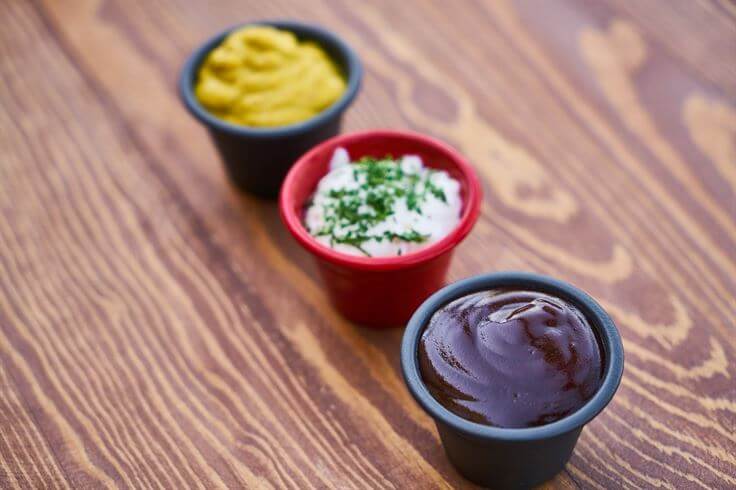
The most commonly consumed sauces are tomato sauce and barbecue sauce. These sauces contain sugar in the form of high-fructose corn syrup.
If you take the case of tomato ketchup and sauces, then one teaspoon of ketchup contains one teaspoon of sugar. According to USDA, one famous tomato sauce brand has at least 12 grams of sugar in one tomato sauce cup.
Bottled marinades and barbecue sauces are used to give flavor to meats, poultry, and fish. But, it is one of the biggest offenders when it comes to hidden sugar in the form of corn syrup.
The healthiest alternative to store-bought tomato sauces and barbecue sauces are homemade sauces prepared with natural ingredients instead.
Bottom line
These are the listed foods that we regularly consume, thinking it is healthy. It is better to avoid these foods and baked beans, processed meats, pancake, and waffle mix.
It is good to adopt a healthier option to counter these products. You must also start looking for labels, especially sugar content and its related ingredients.
It will take some time to adjust your palate, but in the end, it will give you great health benefits.
